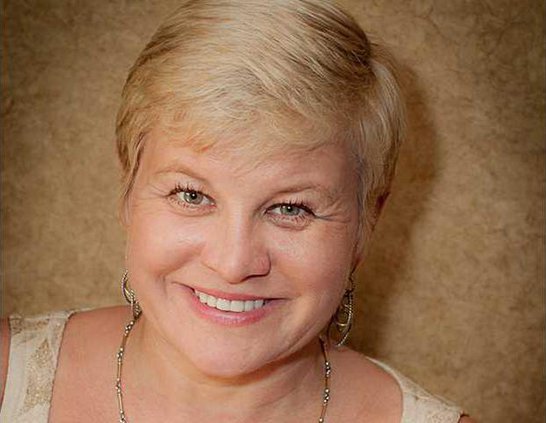Easter weekend is one of my favorite of the year, especially in beautiful Coastal Georgia, where the weather is usually wonderful with the promise of renewal and summer to come.
As I approach my sixth Easter in America, I still find it a little strange not to have a long four-day weekend here, because England and much of Europe treat Good Friday and Easter Monday as public holidays.
Of course, eggs are closely linked to Easter traditions, as the egg has symbolized rebirth and the spark of creation since ancient times, according to “Nectar and Ambrosia: An Encyclopaedia of Food in World Mythology” by Tamra Andrews. In fact, www.foodtimeline.org says that the number 12 is the number of Jesus’ disciples, and that eggs were sold by the dozen all the way back during Elizabethan times in the late 1500s. Add to that that the U.S. Bureau of Labor Statistics has been tracking retail sales of eggs in lots of one dozen since 1890.
Also according to www.foodtimeline.org, humans have been consuming eggs of all sorts since the dawn of history. Both fowl and reptiles lay eggs, and many different kinds of eggs were — and still are — routinely eaten in different countries. While chicken and ostrich eggs are the most popular choices, eggs from plovers, partridges, gulls, turkeys, pelicans, pigeon ducks, geese, turtles and even alligators are regular menu items somewhere in the world today.
The website also states that fowl domestication over time has increased the availability of eggs for people, theoretically dating to 6000 B.C. in China. According to the Encyclopedia of Food and Culture, the first domesticated chickens in the Americas are believed to have arrived during Columbus’ second voyage to the New World, in 1493.
Today, eggs are hugely popular around the world as a basis for countless recipes, including scrambled eggs, soufflés and omelets. Twentieth-century inventions range from American deviled eggs to the British Scotch egg, which is a hard-boiled egg surrounded by sausage meat, dipped in beaten raw egg, coated in breadcrumbs and deep fried. I must admit that this is not a favorite of mine, nor could it be considered health food!
Here is a bit of egg trivia: When I first started buying groceries in the United States, I was surprised to see that the majority of egg shells are a bright white here, whereas in England they are always brown. Why the difference? According to the Michigan State University Extension website, it depends on what pigment the chicken adds to the egg as it goes through the chicken’s oviduct. Also, check out a chicken’s earlobes. A chicken with white earlobes will produce white eggs.
Anybody who knows me is aware that I am a great admirer of the late Margaret Thatcher, former British prime minister and close friend and ally of Ronald Reagan. She has a great quote about eggs, albeit with a slightly pro-woman twist: “It may be the cock that crows, but it is the hen that lays the eggs!”
Whatever you are doing this Easter, may you have a happy and uplifting time.
God bless America!
Email Francis at lesley@francis.com or go to www.lesleyfrancispr.com.
Have an egg-cellent Easter weekend
An English Rose in Georgia


Sign up for our E-Newsletters